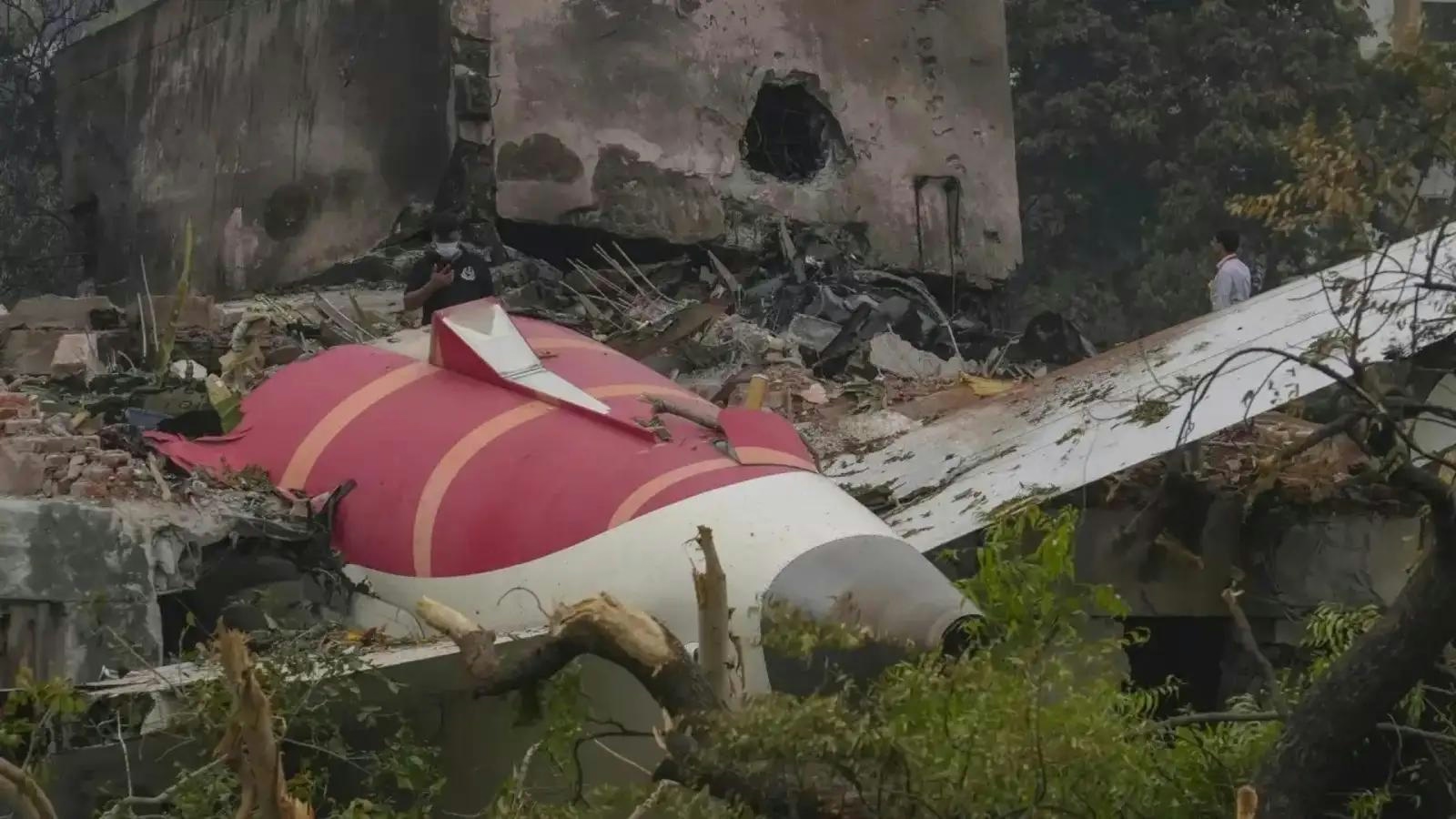AeroGenie — Ваш интеллектуальный второй пилот.
В тренде
Categories
Air India Crash Report Raises Unanswered Questions

Air India Crash Report Raises Unanswered Questions
Unexplained Engine Fuel Control Switch Movements
The preliminary investigation into the June 12 crash of Air India flight AI 171 in Ahmedabad has brought to light a perplexing and critical detail: both engine fuel control switches on the Boeing 787-8 aircraft shifted from ‘RUN’ to ‘CUTOFF’ within a second of each other shortly after takeoff. This sudden and simultaneous action remains unexplained and has intensified scrutiny of the incident, leaving the victims’ families demanding clarity on whether the tragedy could have been averted.
The report reveals that cockpit voice recorder (CVR) data captured a brief exchange between the pilots, with one asking why the fuel had been cut off and the other denying responsibility. However, the investigation only paraphrases this dialogue, omitting direct quotations and failing to provide context about the conversation before or after this critical moment. Furthermore, the identities of the pilots involved—whether it was co-pilot Clive Kunder, who was flying the aircraft, or pilot-in-command Sumeet Sabharwal, who was monitoring—are not disclosed. This omission is notable given that standard investigative procedures typically allow for voice identification through headset microphone data and input from colleagues familiar with the crew.
Gaps in the Investigation and Industry Reactions
Aviation experts have observed that preliminary accident reports often focus on the sequence of events rather than the underlying causes. While this report offers a detailed timeline, it remains conspicuously silent on the pivotal cockpit exchange regarding the fuel cutoff. Although both fuel switches were reportedly returned to ‘RUN’ after the brief conversation, the report does not clarify who initiated the restart or what prompted the initial shutdown.
The absence of detailed CVR transcripts has generated speculation and concern among industry observers and the victims’ families. Experts emphasize that only a full release of the cockpit voice recordings, combined with flight data, can provide a comprehensive understanding of the pilots’ actions and communications during the critical moments preceding the crash.
Beyond the technical investigation, the crash is already impacting the aviation insurance market. Insurers and reinsurers in India and internationally are preparing for heightened scrutiny and potential financial losses. The Indian aviation insurance sector, which has been grappling with persistent losses, is expected to face further challenges as a result of this disaster. Market participants are closely monitoring the investigation’s progress, anticipating adjustments in risk assessments and coverage conditions.
Calls for Enhanced Cockpit Monitoring
The Ahmedabad tragedy has reignited longstanding calls for the installation of cockpit video recorders. Such devices have been recommended by agencies like the US National Transportation Safety Board (NTSB) but have faced resistance from pilot unions. Advocates argue that video footage could provide definitive evidence of cockpit activities and instrument readings, potentially resolving ambiguities that audio recordings alone cannot address.
As the investigation proceeds, the families of the victims and the broader aviation community await the release of the full CVR transcript and the final report, seeking answers to the unresolved questions that continue to surround the Air India crash.

Electric Aircraft Market Outlook Through 2035

Capital A Completes Sale of Aviation Business to AirAsia X

Four Gateway Towns to Lake Clark National Park

PRM Assist Secures €500,000 in Funding

Should Travelers Pay More for Human Support When Plans Go Wrong?

InterGlobe Aviation Shares Rise 4.3% Following January Portfolio Rebalancing

Key Market Segments Shaping Airline Route Profitability Software

Locatory.com Gains Traction Among Aviation MROs and Suppliers

JetBlue Flight Makes Emergency Landing Following Engine Failure

58 Pilots Graduate from Ethiopian University
